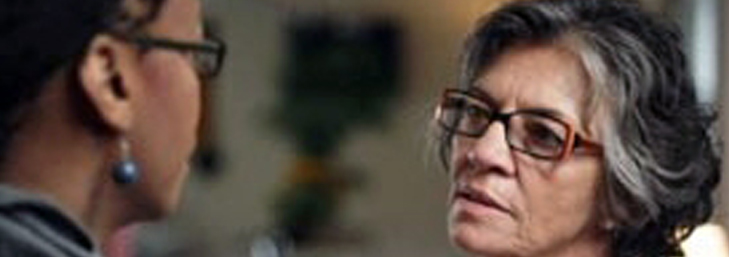


This work was supported in part by grants from the Cambia Health Foundation and the UW School of Medicine Center for Leaderships and Innovation in Medical Education. The content is solely the responsibility of the authors and does not necessarily represent the official views of the Cambia Health Foundation or the UW School of Medicine Center for Leaderships and Innovation in Medical Education.

Understanding your patient’s story, including their illness and life beyond their illness, helps you provide them the best care possible. These modules, presented in three parts, will introduce you to the communication skills needed to elicit the patient and family narrative.

This module briefly reviews the Triple Aim for improving health care, presents a video case study in which the Triple Aim is not met, and analyzes types of interprofessional conflict and strategies for resolving them.
After completing this module you will be able to:

Setting goals and making a plan for achieving them fosters hope and allows individuals and families to feel they have some control in their lives. As healthy aging progresses or incurable illness advances, individuals will change and adapt their health care goals...

The number of individuals who speak English with limited proficiency (LEP) or who don't speak the language at all is growing in the United States as the population becomes more diverse. Language differenced can create barriers between practitioners and patients and affect the quality of patient care.
In the case of Mrs. Rodriguez, you will learn how professional interpreters facilitate important clinical communication, enhancing the patient-practitioner relationship and the quality of care....

Given how much there is to learn about facilitating family conferences, focusing attention on emotions may seem like a strange use of time. However, we’ve found that effectively addressing patient and family emotions helps avoid many of the common pitfalls in these encounters, including conflict...

Patients, families and members of the interprofessional palliative care team draw upon deeply held personal values and professional standards to set goals of care.
Differing values and standards for care may give rise to conflicts between...

Patients with chronic or life-limiting disease may supplement their treatment with complementary and alternative medicine (CAM). However, less than 40% of patients tell their provider about their CAM use. Even when the physician asks them directly, they may be reluctant to discuss their CAM use....